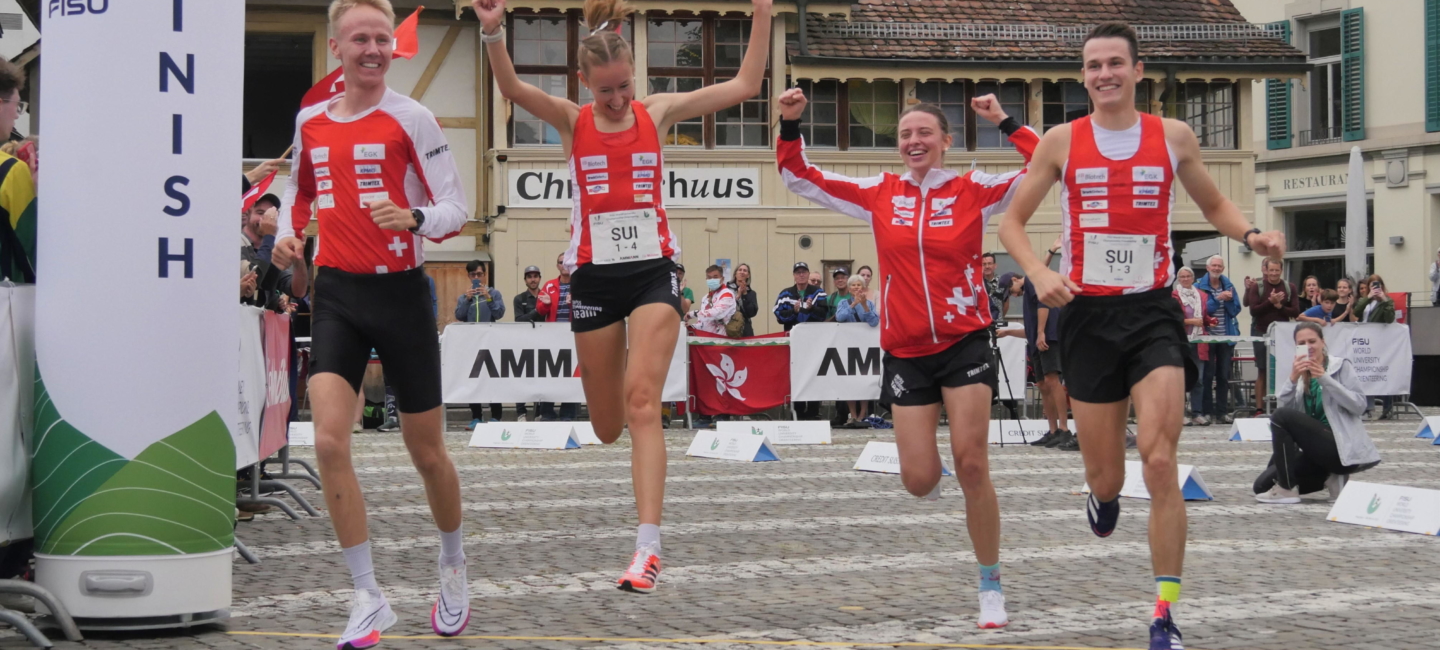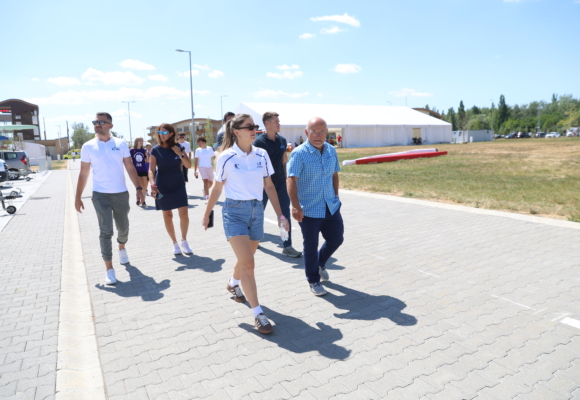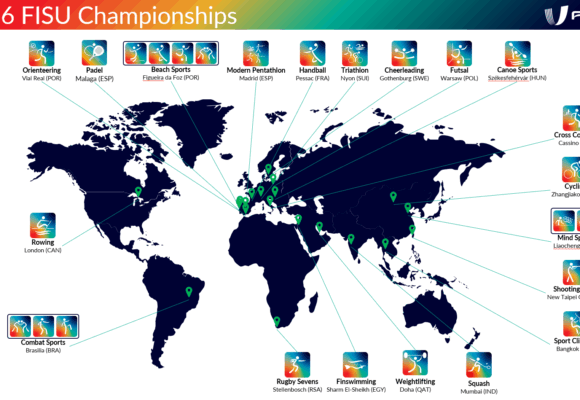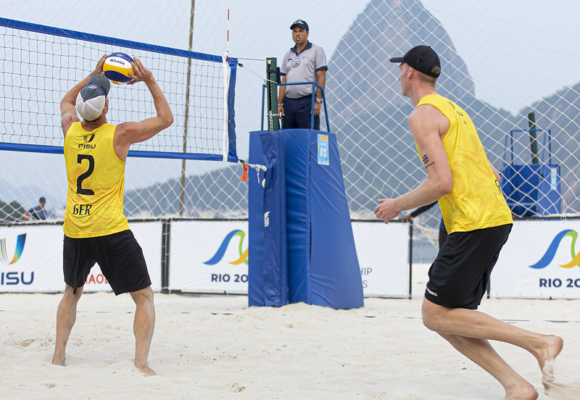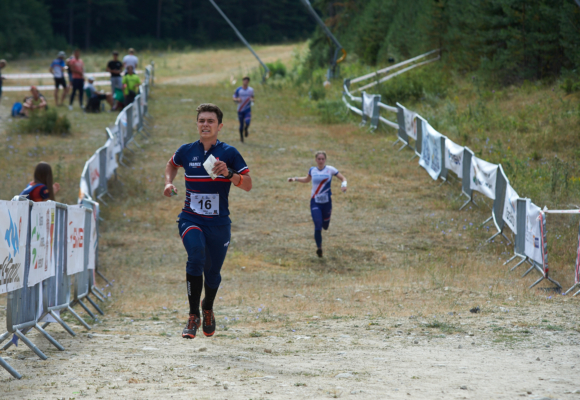One of the oldest sports of the FISU World University Championships programme – added in 1978 with the inaugural edition in Jyvaskyla, Finland – orienteering combines technical orienteering skills and running stamina.
News
All newsEvents
FISU Technical Committee Chairs
 hun
hun
Resources
The History of Orienteering in FISU
Orienteering is a particularly attractive discipline since it establishes a close connection between physical activity and nature. This is an immensely popular sport in Scandinavia and in North European countries. So it was not coincidental that the Finnish University Sports Association undertook the organisation of the first World University Orienteering Championship in Jyvaskylä, in 1978. The event had an undisputed success, involving 129 runners from 17 countries. Since then, 16 further editions have been held, with a continuously rising number of participants. The 2010 edition in Borlänge, Sweden, broke the record, with 256 athletes from 31 countries.
Some championships require an inspirational setting to succeed, and this is certainly the case with orienteering. The Veszprem edition in 1996 was ideal from this point of view. France and Sweden took gold medals in the men’s short and classical distance respectively. Orienteering evolved from the Swedish offshoot of cross-country skiing that emerged in the 1840s. Used mainly for military purposes, it originated as a contest between shepherds, skiing from one point to another. The first rules date from 1900. Since then this sport has gained in popularity, especially as a school sport, even in countries of widely divergent traditions. For example, France – with its strong presence in Veszprem – discovered orienteering at the end of the 1960s, thanks to a Swedish compass salesman, who fell in love with the French countryside. After its launch in the Boy Scout movement, the sport was adopted by the military, finally coming into its own in the university sector.
Today, the sport is currently being supported by an enormous pool of 250,000 student participants. This was proved in the French city of Roanne where the World University Championship took place in 2000. After the success the sport had in the 1990s, almost 30 countries participated in the World University Orienteering Championships of the new millennium. The results pushed national federations to enter their best athletes, such as Dana Brozkova, Michal Smola, Larisa Stanchenko and Simonas Krepsta, who had also taken their medals during the senior World Orienteering Championship. The future of orienteering in the FISU World University Championships is on the right way.
